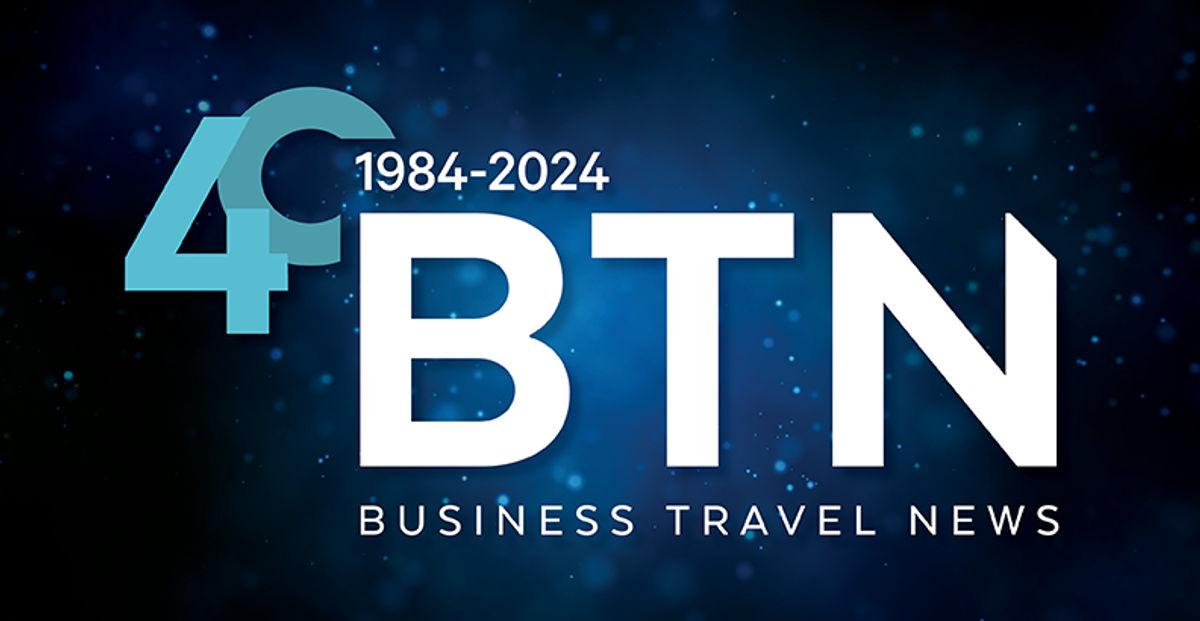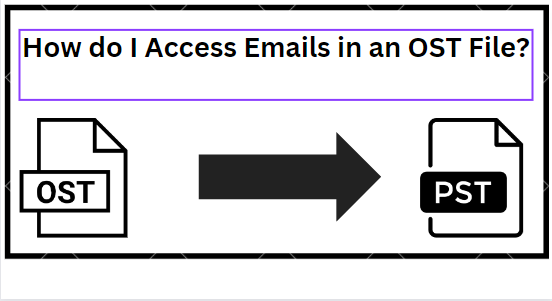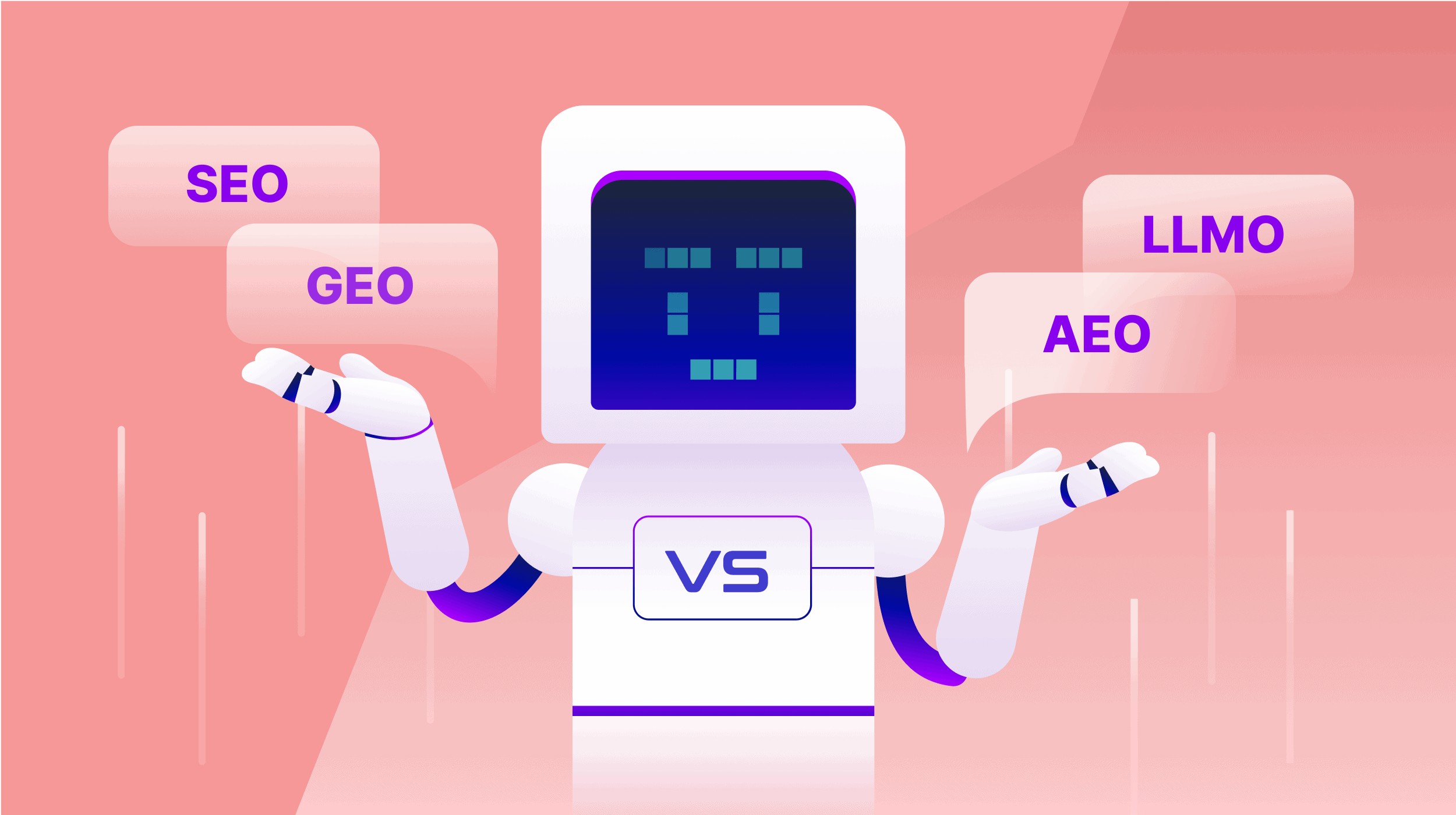AI Reality Check: Finding Possibilities in the 'Era of Weak AI'
AI advancements are incremental. "Weak AI" like ChatGPT, is proving useful in sectors like airlines, hotels, TMCs, car rentals, and expense management, though transformative "super AI" is years away.

More than 18 months beyond the launch of ChatGPT, some of the utopian, or apocalyptic, projections of an AI-dominated future seem no more imminent than they did then. Change is happening, but more incrementally than what the most bullish prognosticators had said—and robots have not yet replaced us at our jobs.
The reality check is that many of those big innovations will rely on more powerful AI capabilities than what currently exist, Jack Staehler, CWT's chief technology officer for counselor and traveler technologies, said at BTN's recent Tech Talk event in Chicago. Current AI technology—including ChatGPT—is classified as "weak AI," meaning it is capable of a specific task but not capable of truly human-level thinking and learning beyond that task. As such, there is a lot of "FOMO, inflated expectations" and a "trough of disillusionment" around AI promises, he said.
"AI is a game-changer, but the game-changing hasn't started yet," Staehler said. "There is so much expectation, but you can only go so far right now."
Even some of the team behind ChatGPT have expressed surprise with how viral it became, given the fact that the technology behind it was not new when it was released.
"Strong AI" or "super AI" capable of the fantastic promises being made still is five or so years out, Staehler said, but current AI technology still is enabling some transformative changes for corporate travel. During the Tech Talk event, representatives across supplier categories highlighted some of those changes that are or will soon be happening. Here are a few examples:
Airlines
Airlines are tapping AI technology to enhance customer service and communication, said Mahesh Veda, managing director of customer travel experience with digital technology for United Airlines. During times of disruption, the technology can help give specifics to passengers around the reasons and impacts of delays. A simple example is the feature in the United app that keeps passengers appraised of flight-status specifics—when the arriving flight is at the gate or being cleaned, for example—to give them a realistic expectation of when they need to be at the gate, he said.
"If somebody has to manually watch every single one of these 15 steps to say your plane is departing on time, you would need so many people with clocks and counters to check all of that," Veda said. "Instead of that, there is a machine learning model, so when people start and stop each one of these, the models run in the back and can say, 'You still have enough time.' "
Generative AI ultimately will better be able to advise travelers how to better manage disruptions—analyzing options such as flying to a different airport and driving, for example, according to Veda.
More recently, United launched a seat selection feature that notifies passengers whose preferred seat types are not available upon booking if that seat type becomes available, rather than them having to continually check on seat selection themselves, which he said was another example of the technology's application.
Travel Management Companies
TMCs are "definitely in the game" in AI technology adoption, but they are proceeding in a cautious way, Staehler said. In part, that is keeping the wants of travelers in mind; there is a varying appetite for the potential of booking travel via AI platforms such as ChatGPT, particularly among geographic regions, he said. More importantly, however, errors could be potentially devastating for client relations.
"We can't afford to have a hallucination, a completely unexpected and irrelevant response," Staehler said. "One mistake like that can cost a whole account and not only ruin someone's day but ruin a big business deal. We can't take chances like that, but that doesn't mean that's stopping us right now."
Aid in responding to customer emails is among the biggest current opportunities in AI for TMCs, especially considering in some countries email requests are a bigger source for bookings than self-booking or voice, he said. AI can pull relevant information and hand it off to an agent, who then is better equipped to respond to the request quickly and accurately.
"You still end up having an agent-assisted interaction, but we're figuring out how much we can gather before it's handed off to an agent," Staehler said.
Those capabilities will expand and improve over time, but for now, use is "fairly limited" and in the "very early stages," he added.
Hotels
Smart room technology is helping hotels to personalize guest experiences, and that will go a step further as it can incorporate data on guest profiles and preferences, Loews Hotels CIO Daniel Kornick said. Guests will be able to arrive in their rooms with the temperature set at their liking, their favorite cheeseburger waiting or the blinds already closed if a nap is first on their agenda.
Such technology also helps hotels with sustainability initiatives, with the ability to adjust temperature and lights automatically when rooms are unoccupied to provide energy savings.
Just as facial recognition is making its way into airports, it also is coming to hotels, with the potential to speed up the check-in process as well as enable access to special areas of the hotel, Kornick said. Eventually, it can be tied to payment, with guests able to order food and beverages from the counter and pay with their face, he said.
AI technology will help hotel security teams as well. Such teams often are tasked with monitoring hundreds of security cameras across the hotel, and AI technology can watch and understand patterns and help the teams pinpoint exactly where they should be looking, Kornick said.
AI chat technology, meanwhile, is proving particularly effective for guests on-site at hotels for their ability to answer frequently asked questions without the need for human intervention, he said. Hotel Tech Report's State of Hotel Guest Technology Report 2024, based on a survey of 400 hotel guests, found the most frequent requests to chatbots are getting the Wi-Fi password, confirming operating hours and—surprisingly—setting up a wake-up call.
"Chatbots are working," Kornick said. "They're being effective, and they're helping us be more productive."
Car Rental
Forget self-driving cars for now. One area in the rental car industry where AI can significantly and more immediately increase efficiencies is in the return and inspection process, said Jeff Kaelin, VP of technology strategy and performance for the Avis Budget Group. Avis, for example, has been testing AI technology to automate inspections, which can identify damage not only when vehicles are returned but also before they are rented, ensuring a customer is not blamed for damage that was there when they first rented the vehicle.
As with TMCs, Avis is doing "rigorous testing" on the technology before using it on a wider basis, Kaelin said.
"This has to be right; we can't send out a report for damage that's erroneous," he said. "Through the end of the year, we'll get to about 600,000 examples or so to make sure we have the technology right."
Expense/Payment
AI is nothing new in the expense management field, with the technology key in helping to prepopulate expense reports and to catch spending anomalies, Edenred SVP of travel solutions Juliann Pless said. It can help with processing payment and expense data as well, making more accurate forecasts and evaluating opportunities for savings, which has implications across the travel program.
One specific area in payment where AI will play a factor is in "enhanced payment orchestration," helping buyers determine which payment methods make the most sense for certain situations, Pless said. "That could go a long way for buyers who have global programs with multiple currencies."
Chargeback response management is another area of potential for AI in payments, she said. When cards are compromised, disputes can sometimes take four weeks or more before a refund is issued, and AI could speed that process up. "Imagine AI being able to craft responses and trigger the dispute process on your behalf after it finds an error," she said.
Staying in the Game
While those by no means are an exhaustive list of AI applications in corporate travel, it is indicative of a technology sea change that is beginning in the industry. As such, travel professionals who are not gaining firsthand experience with the technology stand to be left behind.
"If you're not using AI for something in your life, you need to go play with it," said Brad Watts, VP of digital product and analytics for Cornerstone Information Systems. "You need to just start getting a feel for it."
At the same time, the industry needs to maintain its cautious approach to the technology, as the eventual arrival of "super AI" could bring a whole new wave of disruption, Staehler said.
"We can approach AI like any technical rollout of new software or systems in silos, or we can embrace it with pragmatic cross-collaboration and scrutiny," he said. "The latter can not only help to flatten out the hype cycle in this transformative period but change the game entirely for the long term."

 ValVades
ValVades 
































